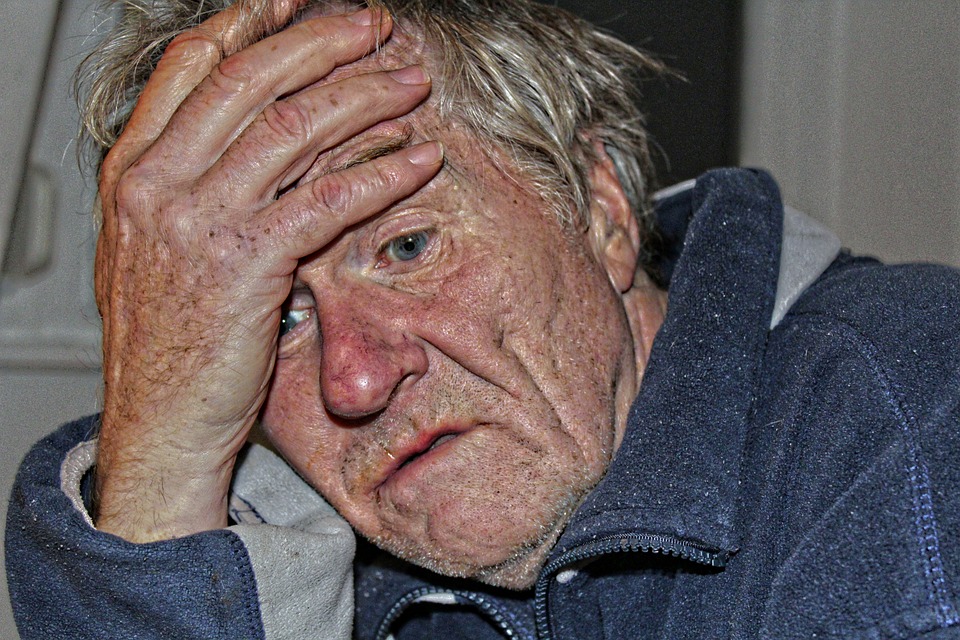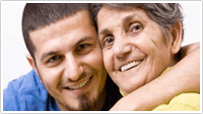
The Problem
Across America, a growing number of elderly people residing in nursing homes have died from COVID-19 exposure since the shutdown was ordered. In New York alone, 5,433 elderly long-term care facility residents were reported dead. This news came after Governor Cuomo oreded such facilities to admit COVID-19 patients. This bears the question for any of us who have loved ones in care facilities: “Are My Elderly Loved Ones Safe?”
Many elder care facilities with track records of poor care across the nation are now operating with much less oversight because of COVID-19. The pandemic has added to pre-existing problems: financial need, understaffing (employees quitting or becoming ill), and poorly paid employees.
- More than 40% of California’s COVID-19-related deaths are estimated to come from nursing homes.
- 43% of US COVID deaths occur in nursing homes and assisted living facilities.
- While just 11 percent of the country’s cases have occurred in long-term care facilities, deaths related to Covid-19 in these facilities account for more than a third of the country’s pandemic fatalities.
- In 14 states, the number of residents and workers who have died account for more than half of all deaths from the virus. Nursing homes aren’t getting commensurate funds, resources, or federal support to compensate for COVID’s devastation. “Nursing-home residents aren’t getting half of our resources or half of our attention, yet they account for roughly half the deaths,” stated David Grabowski. This, he said, reveals—or maybe reinforces—a devastating truism about American society: “We don’t value their lives [the elderly’s] as much as other people’s.
Complicating Factors
- On March 23, the federal government ordered state inspectors to halt in-depth annual inspections to minimize the spread of the virus and focus on hot spots and infection control.
- Long-term care ombudsmen, who normally field complaints and advocate for nursing home residents’ needs, were told to stop entering all facilities beginning March 16.
- With limited exceptions, family members who provide emotional and physical support as well as careful oversight, haven’t been inside facilities for even longer.
This leaves care facility residents who are already extremely vulnerable to abuse and neglect — as well as to the ravages of the coronavirus — effectively cut off from the people tasked with protecting them, advocates say.

SO HOW CAN YOU KEEP YOUR LOVED ONE SAFE?
- Gather Personal Recommendations.
Ask friends, pastors, doctors, nurses, therapists, frequent visitors, etc., for recommendations. - Conduct research.
Check for complaints and violations by going to the Nursing Home Compare website provided by Medicare.
Contact the Long-Term Care Ombudsman’s office in your area. The mission of this agency, which operates under the Older Americans Act, is to protect the rights and well-being of people who reside in long-term care facilities, including skilled nursing facilities. The Ombudsman’s office also records information related to quality of care, inspections, violations of standards and regulations, as well as citations, fines, and follow-up resolution of areas of concern.
ProPublica also offers an online tool to investigate the inspection/violation records of long term care facilities. This tool lists skilled nursing facilities in each state, allowing healthcare consumers to compare the records of facilities in their area quickly and easily. - Visit as often as you can.
Ask questions. How often is your loved one bathed? Do they have complaints of being ignored? What is the staff to resident ratio? Is staff provided with protective gear? Are residents being tested for COVID-19, and are state protocols being followed? Ask to see records for verification. Ask about the facility’s means of communication with family regarding COVID updates and general health information. Talk to county Health Department officials who track COVID numbers at your loved one’s facilities.
Observe. Is the facility clean? Are the residents clean? Are caretakers clean? Can you smell odors? Do residents look happy. How is food handled? Are employees wearing masks and gloves and protecting residents from exposure? What is your loved one’s general mental and physical health? Are they involved with social activities?
If you can’t be physically present, ask someone to be your eyes and ears for you.
Arming ourselves with information and taking proactive steps is the best way to protect loved ones who are incapable of advocating for themselves. Our vigilance on their behalf can be one of our greatest gifts of love.
Shelly